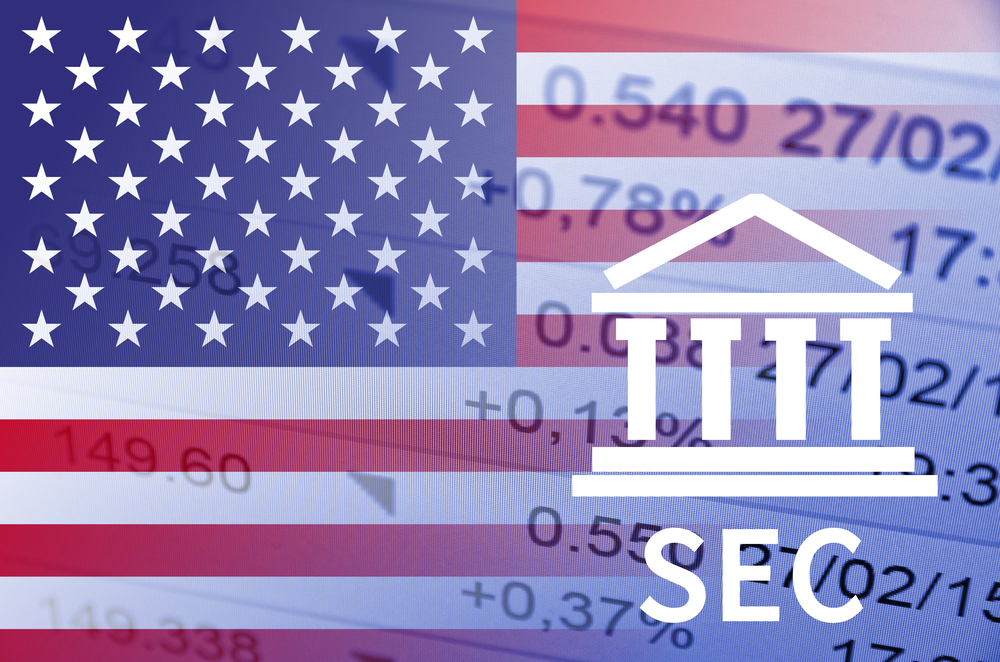When the SEC announced that cryptocurrency ICOs may be considered securities, many people were confused. The announcement left a lot of room for speculation. Various blockchain experts have issued statements on this topic, and it will be interesting to see how things evolve over the coming months. Cryptocurrency ICOs will be scrutinized even further for the time being.
SEC’s ICO Verdict Leaves Room for Speculation
It was only a matter of time until the SEC or any other governing body would weigh in on the current cryptocurrency ICO craze. Allowing companies to create value-based tokens out of thin air while raising millions of U.S. dollars cannot go on for too much longer without repercussions. The degree of those repercussions remains to be determined, but the SEC made some interesting comments regardless. Its report released earlier this week contained some strong words of advice.
Decentraland Project Lead Ari Mellich commented as follows:
“The SEC weighing in represents public acceptance of blockchain instruments. They said that the DAO tokens were a security, and that all securities must be registered according to the law. The market was anticipating this, and the price of non-security tokens, like Ethereum, did not fluctuate when the SEC report came out.”
The SEC advised that all previous, existing, and future ICOs are subject to securities laws. The institution’s jurisdiction only pertains to the United States, which is also why most ICOs do not allow U.S. investors to participate. One particular crowdsale stood out for the SEC, the DAO’s ICO. It was the first of its kind and it somehow created an industry standard for other projects.
Unfortunately, the SEC felt the DAO’s team violated securities law. The consequences remain shrouded in mystery for the time being, but potential fines and even jail time are not entirely out of the question. This is bad news for the Ethereum ecosystem, which could use the DAO’s model to provide a financial stake in an enterprise without following regulatory guidelines. Any project using this method should register with the SEC, yet it is highly doubtful any of the hundreds of cryptocurrency ICOs to this point have taken the necessary steps to do so.
Coinsource General Counsel Arnold Spencer stated:
“I predict some significant fallout for the companies that have conducted ICOs in the past six months that are structured similar to the DAO. Many ICOs are out there that will now be viewed definitively as securities, and yet are unregistered. These companies will now need to register as securities, an expensive process that they may or may not be able to pay for, or they will risk being on the wrong end of an enforcement action.”
It is certainly true this verdict gives some credibility to cryptocurrency ICOs, although not necessarily in a positive manner. Everyone raising money using digital currency will be scrutinized and deemed to have issued securities unless necessary precautions were taken. U.S. regulators will now work to enforce these laws in the near future, but it remains to be seen how this will play out.

